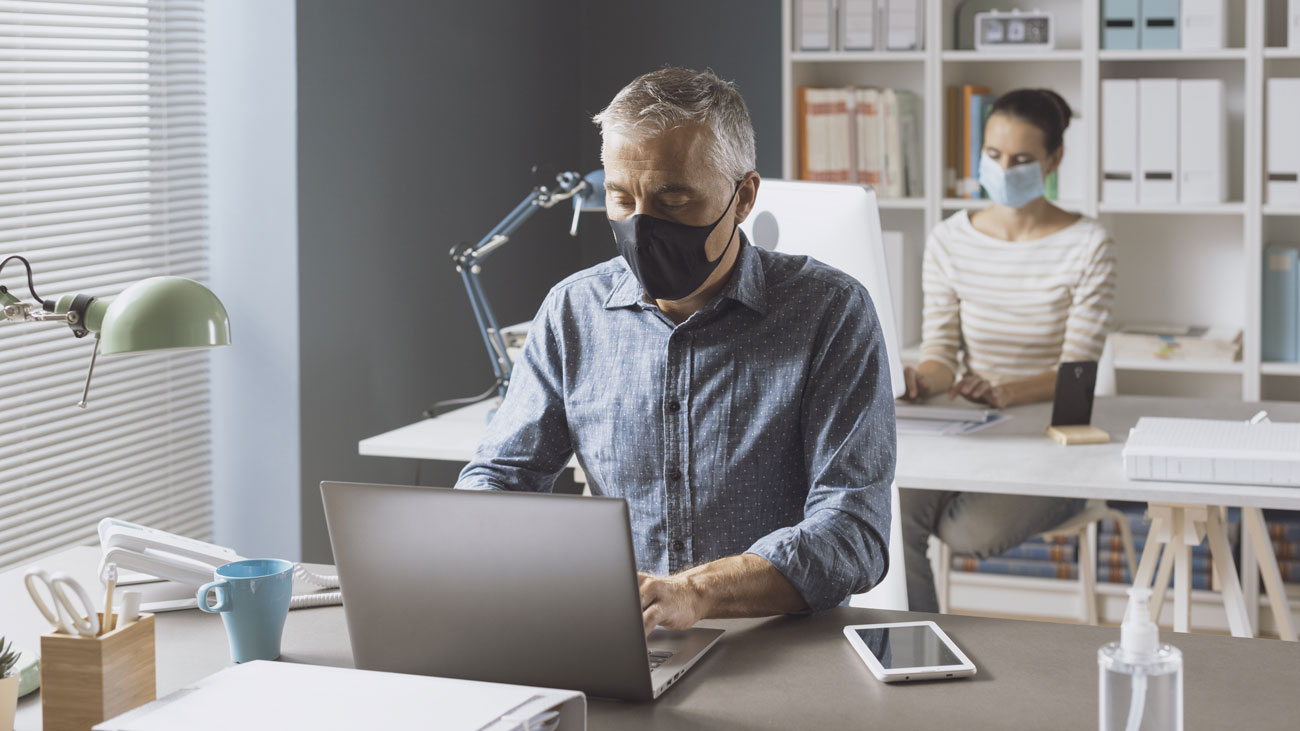
Alcohol at work: time to address the drinking culture?
It’s Alcohol Awareness Week (3-9 July). Organised by Alcohol Change UK, this year’s event focuses on the costs of alcohol.
Lost productivity due to alcohol use costs the UK economy more than £7 billion annually, and an estimated 167,000 working days are lost to alcohol every year. People may attend work hungover or still under the influence from the night before, consume alcohol before work or during the day; or their work may be affected by health problems resulting from drinking. Here are a few examples:
- 40% of employers mention alcohol as a significant cause of low productivity.
- Between 3% and 5% of all work absence is caused by alcohol consumption.
- 35% of people say they’ve noticed colleagues under the influence of drugs and alcohol at work.
- 25% say that drugs or alcohol have affected them at work, with 23% saying they had experienced decreased productivity as a result.
Workplaces don’t just suffer from the effects of alcohol – they can exacerbate the problem. Twenty-seven per cent of people say that workplace stress makes them drink more. Many workplace cultures also encourage drinking, whether through informal socialising or workplace events where drinking is considered the norm and alcohol is often made available for free.
Statistically, drinkers are more likely to be employed than non-drinkers. This means the effects of overconsumption of alcohol are often felt in the workplace. It also means that the workplace can be a good place to help people identify alcohol problems and overcome them.
Perhaps surprisingly, most alcohol-related workplace incidents are not caused by very heavy drinkers but by more moderate drinkers. As little as one small drink of alcohol can impair concentration and affect reaction times, but most people are unaware of the number of units they consume or how long alcohol remains in the body.
A survey from the Chartered Management Institute (CMI) suggests that, in the UK at least, our difficulties with alcohol at work continue. About a third of managers overall (33% of female managers, 26% of male ones) said they had witnessed harassment or other inappropriate forms of behaviour at work parties.
The CMI’s Chief Executive, Ann Francke, says that it may be necessary to limit the amount of drink offered at work parties, or supervise events and behaviour much more carefully. Alcohol “doesn’t need to be the main event”, she told the BBC.
The Guardian reports that the CBI is just the latest organisation to have its work-related, alcohol-fuelled behaviour scrutinised in the sober light of day. And while the No 10 Partygate saga appalled people on a number of levels, it was not just the flagrant breach of Covid restrictions that caused upset, but the excesses of drinking in an actual workplace – and quite an important workplace at that.
So, what steps can employers take to address the role of alcohol in the workplace? Writing for Alcohol Health Alliance, author Susan Laurie says alcohol has a complex role. While some organisations continue to treat alcohol use as a disciplinary issue (rather than a health, safety, and wellbeing concern), other employers actively encourage a harmful drinking culture, with a recent survey finding one in five employees felt pressured to consume alcohol at work events.
She says:
“Drinking is heavily marketed as a tool to ‘unwind’ and ‘relax,’ and in times of stress and worry, many people use alcohol to self-medicate and cope. A good, enlightened employer will want to help employees who may be feeling anxious and vulnerable and prevent things from getting worse, especially since alcohol may also be used to help cope with work-related stress. I know from my own experience that workplace culture is crucial in giving someone the confidence to ask for support if they are drinking too much, and this needs to come from the top down. Practically, simple changes such as rewards not being alcohol based, and providing alternatives to alcohol at work socials, are easy to implement.
“Ensuring people feel safe and believe they can seek help without fear of judgement, recriminations, or repercussions, requires a shift in attitudes. Employers need to educate everyone in an organisation and make resources available to facilitate a culture where not drinking at work events is normal and things like sober shaming are called out. By nurturing a supportive culture based on respect and sensitivity, and having a clear alcohol policy in place that sets out expectations about behaviour and prioritises genuine support for wellbeing, employers can create a safe environment where people feel able to ask for help. Through considering these simple things, you could really help someone – perhaps even prevent them from progressing to dependence – because people will reach out before a concern becomes a real issue.”
Drinking alternatives
If you’re providing drinks at a work event, there’s an easy solution to drinking pressure: make sure there are options! If an employee is teetotal, ensure that they have just as much variety to choose from as their fellow staff members. This also leaves room for employees to stop drinking during the event if they want to. Tasty mocktail menus, smoothies and shakes can be great alternatives to a plain old cola.
Another good way to ensure your employees are staying safe is to provide food. It may seem simple, but food helps to mitigate the effects of heavy drinking – and if food is provided at the event, employees are less likely to leave to try and find their own while drunk. What’s more, who doesn’t love free food?
In the same way, make sure that water is always available. Alcohol can dehydrate you quickly, and it helps to have water on hand to mitigate hangovers and make sure your employees are drinking safely.
Alcohol Change UK advises there’s no-one-size-fits-all approach, but putting in place a few key measures can make a huge difference to your workplace’s productivity, safety, and your employees’ wellbeing. A good place to start is to develop an alcohol policy. You could also consider:
- An employee assistance programme to ensure that they can access support with mental and physical health issues.
- Awareness-raising activities.
- Ensuring that social events aren’t entirely geared around alcohol, and have good alcohol-free drinks on offer.
In an article for International Workplace, employment lawyer Pam Loch discusses not only the impact of drinking that happens within the workplace or a workplace event, but also drinking outside of work and the potential costs of employee drinking habits. Read the full article here.






